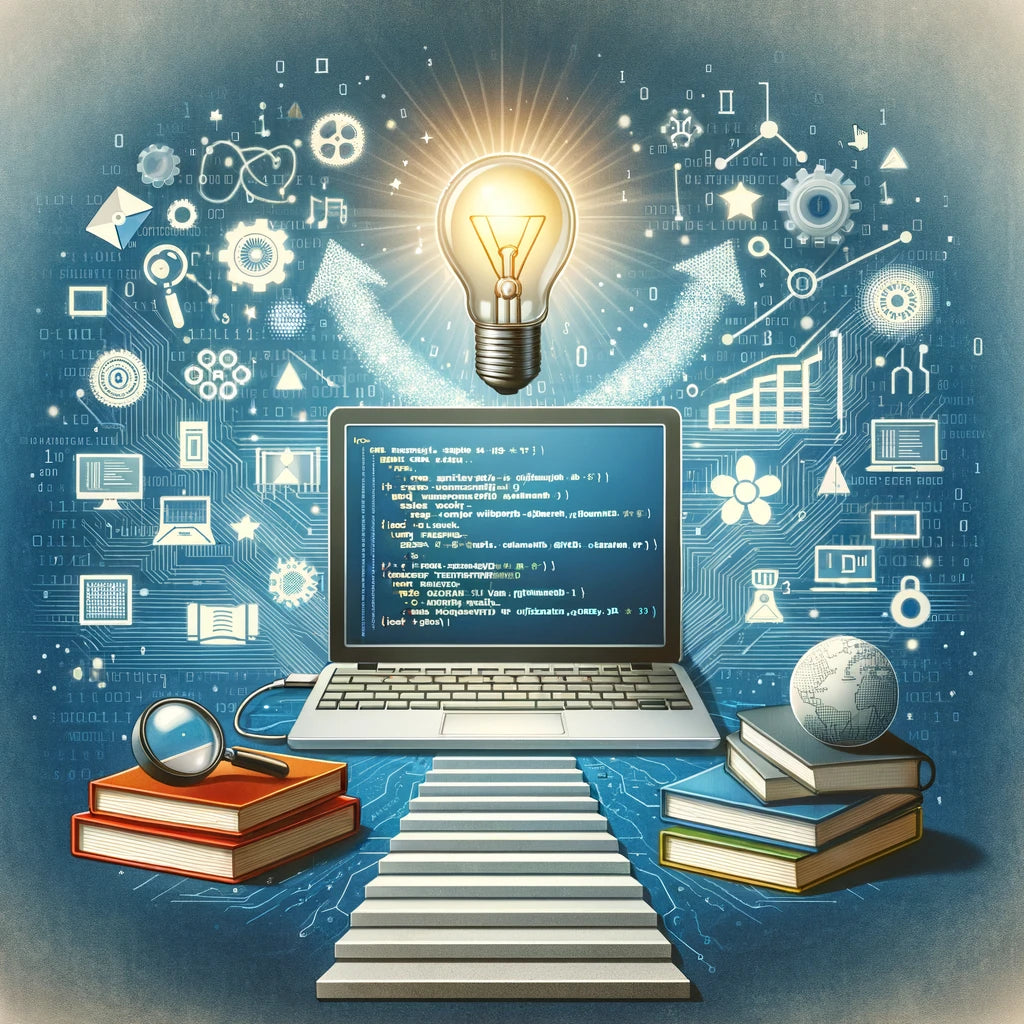
Learning to Code: A Beginner's Guide to Programming
Embarking on the journey to learn programming can be both exciting and daunting. The world of coding offers endless opportunities for creativity, problem-solving, and career advancement. However, knowing where to start or how to navigate the vast resources available can be challenging. This guide aims to demystify the process and provide beginners with practical tips and resources to kickstart their coding journey.
1. Start with the Basics
Choose the Right Language: Begin with a language that is known for its simplicity and versatility, such as Python. Python's syntax is clear and it's widely used for web development, data analysis, artificial intelligence, and more.
Understand the Concepts: Focus on understanding the foundational concepts of programming, such as variables, loops, conditionals, and data structures. Grasping these concepts early on will make learning any programming language much easier.
2. Utilize Online Resources
Interactive Platforms: Websites like Codecademy, freeCodeCamp, and Khan Academy offer interactive coding lessons that allow you to code directly in your browser and receive immediate feedback.
Video Tutorials: YouTube channels such as Traversy Media, freeCodeCamp.org, and The Net Ninja offer tutorials on a wide range of programming languages and tech topics.
Online Courses: Platforms like Coursera, edX, and Udemy provide courses taught by university professors and industry professionals. Many of these courses are free to audit, and you can pay for certification if desired.
3. Practice Regularly
Build Projects: Start small with projects like a calculator or a personal website and gradually increase the complexity as you gain confidence. Building projects is one of the most effective ways to learn coding.
Join Coding Challenges: Participate in coding challenges on websites like HackerRank, LeetCode, and CodeSignal. These challenges can help improve your problem-solving skills and understand algorithms.
4. Join a Community
Online Forums: Join coding communities on Reddit, Stack Overflow, or GitHub to ask questions, share projects, and learn from others' experiences.
Meetups and Hackathons: Participate in local meetups or hackathons to connect with other coders, collaborate on projects, and immerse yourself in the coding culture.
5. Stay Curious and Keep Learning
The tech field is always evolving, so continuing to learn and adapt is key. Follow tech news, read programming blogs, and experiment with new technologies to stay updated.
Remember, learning to code is a journey, not a race. It's normal to feel overwhelmed at times, but with persistence and practice, you'll find that coding opens up a world of possibilities. The image provided serves as a metaphor for this journey, representing the pathway to unlocking a world of digital innovation through learning to code. Let it inspire you as you embark on this rewarding journey.
